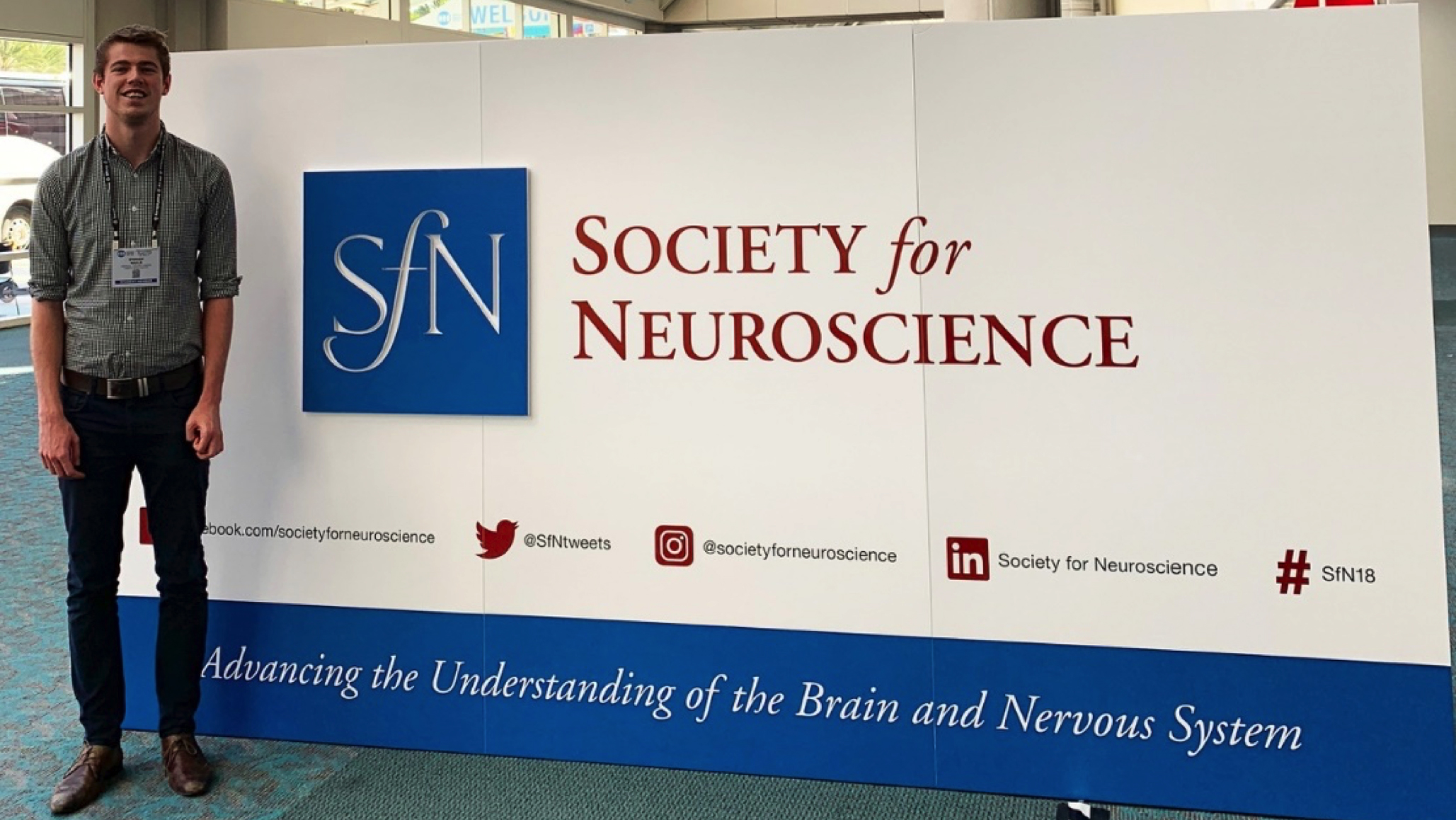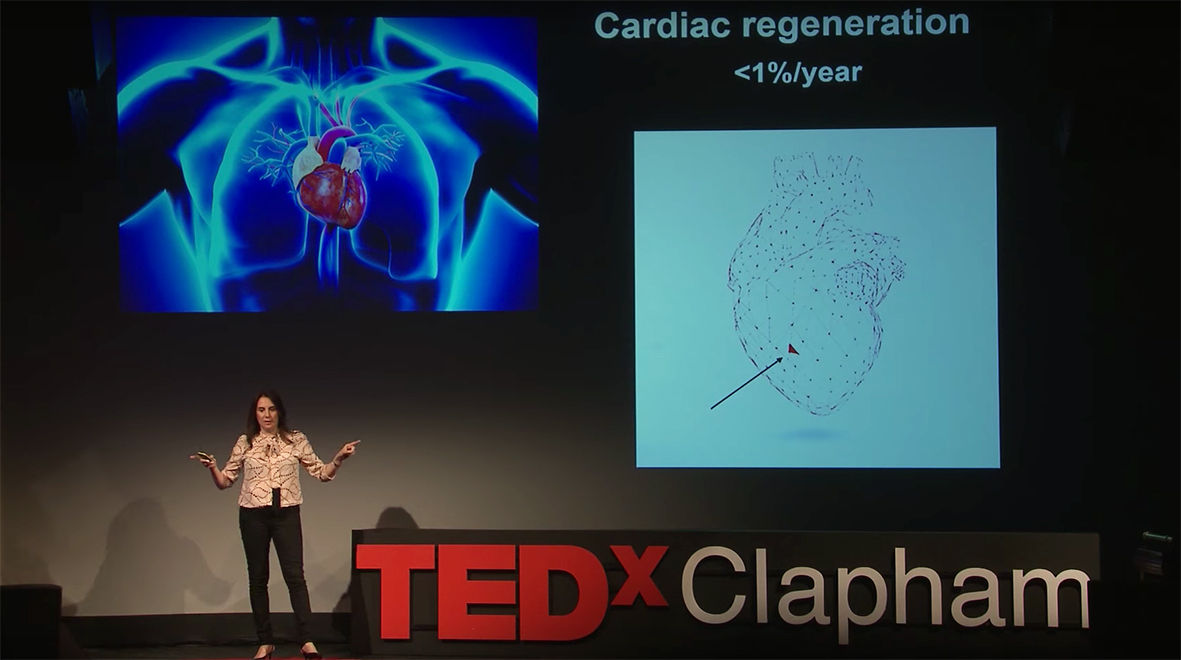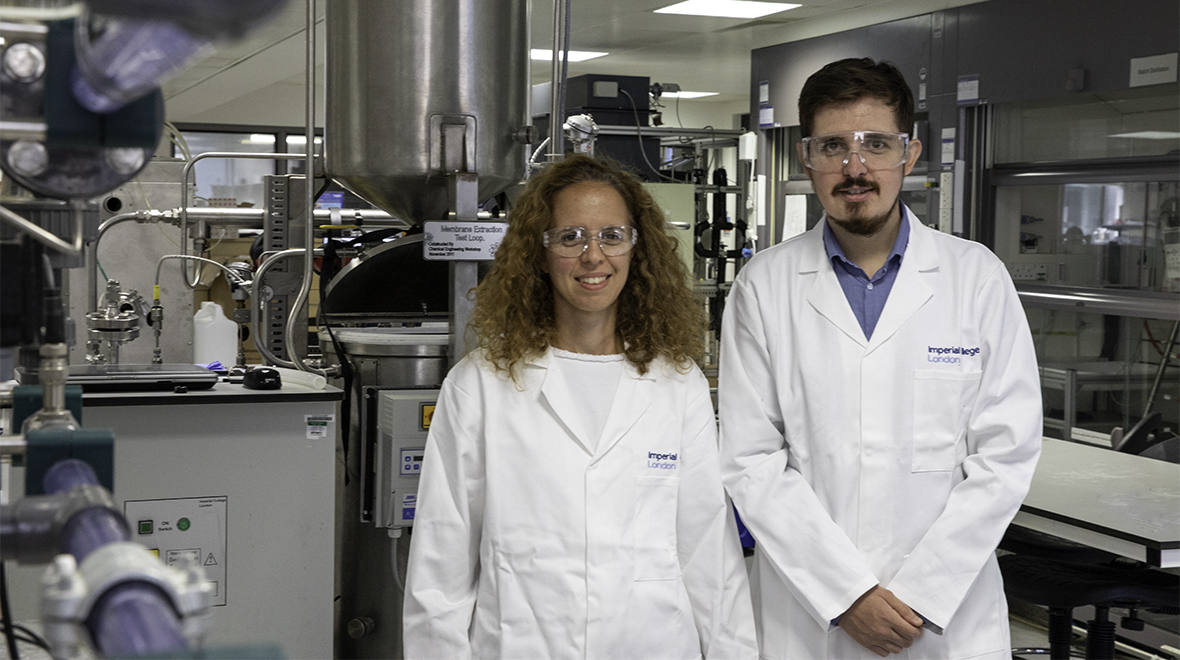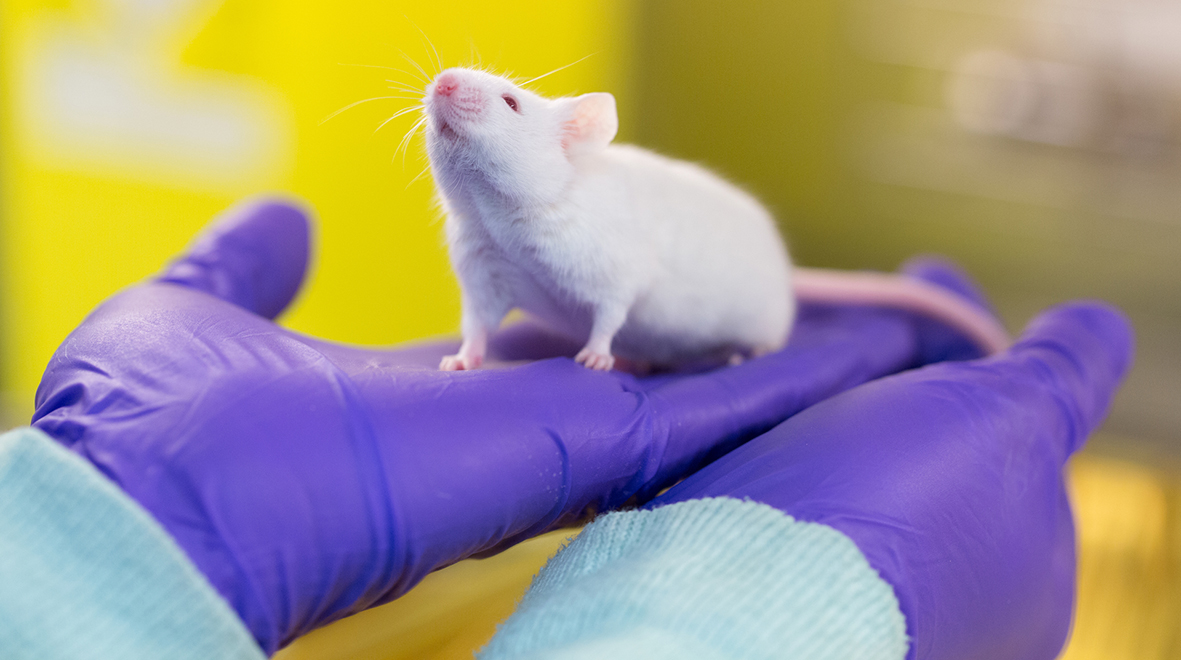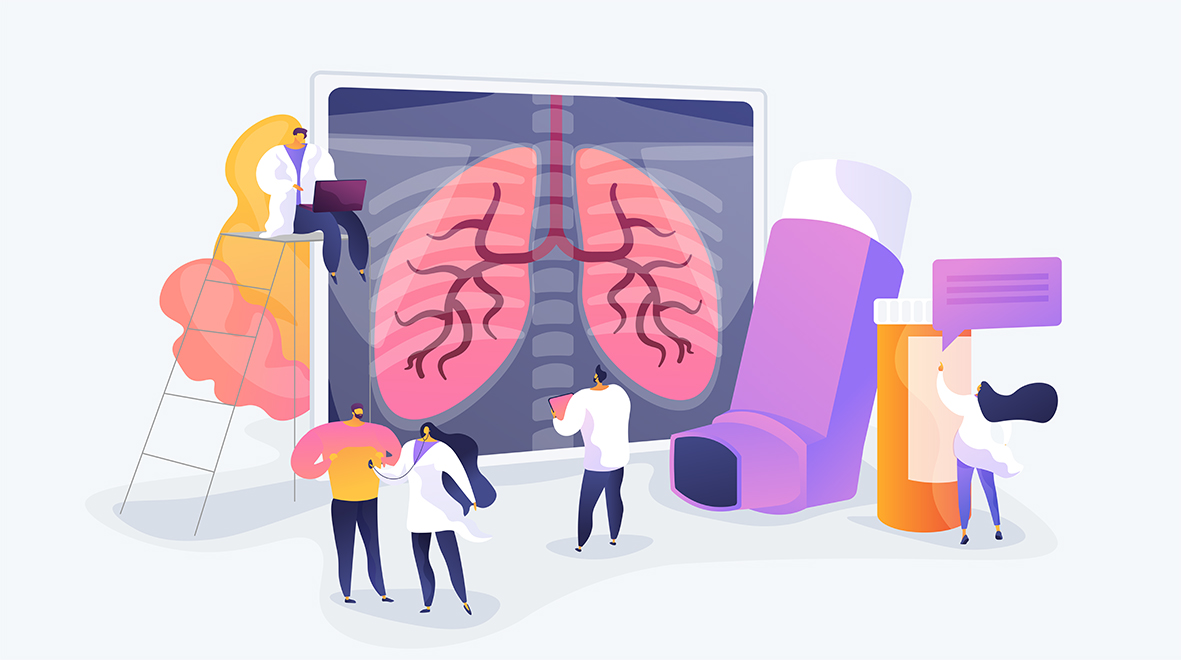
As the global COVID-19 pandemic draws on, effects are being felt by everyone, not just those who have been infected with the virus. From schools to offices, restaurants to gyms, many aspects of ‘normal’ have been closed, stopped, or undergone major adaptations. These societal and healthcare disruptions will affect people differently, with certain groups of people, such as those with respiratory conditions, potentially more vulnerable.
Over the last few months I have been working with Dr Nicholas Hopkinson (Respiratory Consultant, NHLI Academic, and Medical Director of the British Lung Foundation(BLF)), Dr Bradley Lonergan (Internal Medicine Trainee) in collaboration with the Asthma UK-BLF partnership, to try to understand how people with long term respiratory conditions have been impacted by measures to reduce the risk of COVID-19.
Our research published today in BMJ Open explores the findings of a large UK wide survey conducted at the height of the first wave. We found that measures to reduce risk of COVID-19, such as social distancing and changes to healthcare provision, were having profound impacts on people with long term respiratory conditions. These included cancellations of appointments, investigations, and vital aspects of their care such as pulmonary rehabilitation. (more…)




